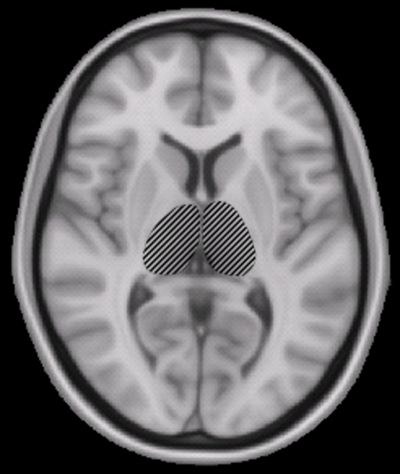Lateralisation of object location memory

brain
By Woutergroen (Own work) [Public domain], via Wikimedia Commons
Crucial for survival, spatial memory is the formation and recall of objects and their location in space. Research is delving into the areas of the brain responsible and in particular, the extent of lateralisation – right or left brain-centred.
Despite the importance of object-location memory to life skills, the
organisation of the function between right and left hemispheres in the
brain is little understood. The 'Cerebral representation of
object-location memory' (SPATIAL MEMORY) project is investigating the
two distinct processes involved – object processing and spatial location
processing.
Combining functional magnetic resonance imaging and intracranial
electroencephalography recording with neuropsychological assessment, the
researchers looked at healthy subjects and patients with mesial
temporal lobe epilepsy (MTLE). MTLE is the most common form of epilepsy
in adults, and seizures normally originate in the hippocampi, important
memory centres within the temporal lobes.
The researchers have carried out a series of behavioural tests on
object and spatial recognition memory performance. Initial tests failed
to produce similar results to a paradigm (developed in 2009 by
Bellgowan). Consequently the team modified the protocol to eliminate
stimulus colour as a reference for object identity. Moreover, the new
set up allowed the subjects to equate object and spatial recognition
performance during object recognition blocks.
Preprocessing of all functional data from healthy patients has been
completed and the second-level group analysis for specific task-related
activations is underway. In the next stage, the scientists will recruit
epilepsy patients to perform the object and spatial memory paradigm
during scanning.
Results from the SPATIAL MEMORY project promise to have a
wide-ranging impact on understanding of cognitive processes in the brain
generally. In the context of neurodegenerative diseases such as
Alzheimer's, this could provide valuable information. For MTLE patients,
unravelling the areas of the brain involved in object-location memory
will help in further research on the condition and pre-surgical
planning.
published: 2015-02-02